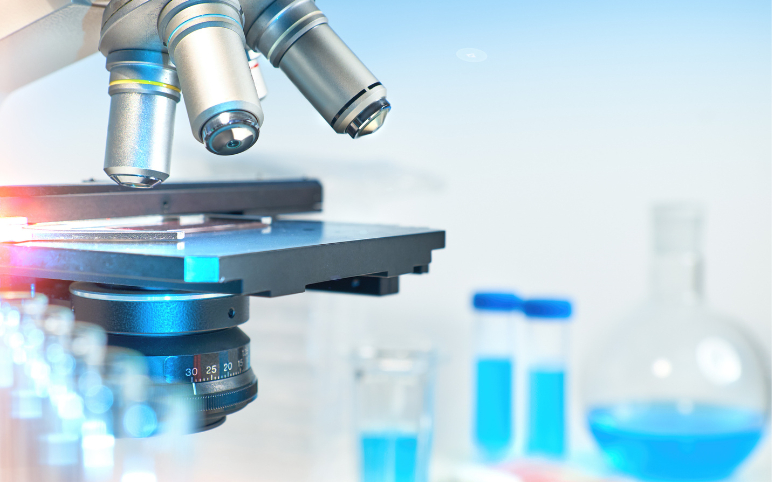
Aug 23, 2018
AstraZeneca dragout Entasis files to fund antibiotic phase 3 for USD 86 Million IPO
Massachusetts-based Entasis Therapeutics has spun out to raise up to USD 86 Million through an IPO. The AstraZeneca spinout is attempting to fund a phase 3 trial of a drug to overcome bacterial resistance to beta-lactams. In 2015, Entasis spun out of AstraZeneca with an antibiotic drug discovery platform. Since then, Entasis has requested USD 86 Million from Clarus Lifesciences, Novo Holdings and Frazier Life Sciences, that enables it to lead candidate to the cusp of phase 3.
Sierra remunerates Gilead late-stage cancer drug with just USD 3 Million upfront
Click Here To Get the Article in PDF
Sierra Oncology reimburses Gilead for an unwanted late-stage cancer drug, momelotinib,myelofibrosis with a tiny upfront of just USD 3 Million, with USD195 Million on the table in bio dollars if all goes according to the plan. Although a minor bite for Gilead, this matters a lot to Sierra.
Principia Biopharma raises up for USD 86Million IPO
South San Francisco-based Principia Biopharma has lined up USD 86.3 Million in its IPO to carry its lead asset into phase 3. The company’s Bruton’s Tyrosine Kinase (BTK) inhibitor is presently in phase 2 trials for the autoimmune skin disease, pemphigus and is also being developed for a bleeding disorder i.e. immune thrombocytopenic purpura (ITP). The biopharma authorized to Sanofi, a different BTK inhibitor, PRN2246. This is for multiple sclerosis and opens the use for other neurological disorders. Principia taken up USD 40 Million upfront and will notch up to USD 765 million in milestone payments.
Harbour BioMed and Kelun pen USD 350 Million PD-L1 agreement
Shanghai-based Harbour BioMed permitted a midphase PD-L1 antibody from Kelun Biotech for development and commercialization outside of Greater China. Kelun will earn up to USD 350 Million. Harbour and Kelun has the second deal in the PD-L1 partnership. Under their first collaboration, the companies agreed to co-discover, co-develop and commercialize antibodies against innovative targets that is based on Harbour’s fully human antibody discovery platforms.
Article in PDF

Aug 23, 2018
AstraZeneca dragout Entasis files to fund antibiotic phase 3 for USD 86 Million IPO
Massachusetts-based Entasis Therapeutics has spun out to raise up to USD 86 Million through an IPO. The AstraZeneca spinout is attempting to fund a phase 3 trial of a drug to overcome bacterial resistance to beta-lactams. In 2015, Entasis spun out of AstraZeneca with an antibiotic drug discovery platform. Since then, Entasis has requested USD 86 Million from Clarus Lifesciences, Novo Holdings and Frazier Life Sciences, that enables it to lead candidate to the cusp of phase 3.
Sierra remunerates Gilead late-stage cancer drug with just USD 3 Million upfront
Sierra Oncology reimburses Gilead for an unwanted late-stage cancer drug, momelotinib,myelofibrosis with a tiny upfront of just USD 3 Million, with USD195 Million on the table in bio dollars if all goes according to the plan. Although a minor bite for Gilead, this matters a lot to Sierra.
Principia Biopharma raises up for USD 86Million IPO
South San Francisco-based Principia Biopharma has lined up USD 86.3 Million in its IPO to carry its lead asset into phase 3. The company’s Bruton’s Tyrosine Kinase (BTK) inhibitor is presently in phase 2 trials for the autoimmune skin disease, pemphigus and is also being developed for a bleeding disorder i.e. immune thrombocytopenic purpura (ITP). The biopharma authorized to Sanofi, a different BTK inhibitor, PRN2246. This is for multiple sclerosis and opens the use for other neurological disorders. Principia taken up USD 40 Million upfront and will notch up to USD 765 million in milestone payments.
Harbour BioMed and Kelun pen USD 350 Million PD-L1 agreement
Shanghai-based Harbour BioMed permitted a midphase PD-L1 antibody from Kelun Biotech for development and commercialization outside of Greater China. Kelun will earn up to USD 350 Million. Harbour and Kelun has the second deal in the PD-L1 partnership. Under their first collaboration, the companies agreed to co-discover, co-develop and commercialize antibodies against innovative targets that is based on Harbour’s fully human antibody discovery platforms.
